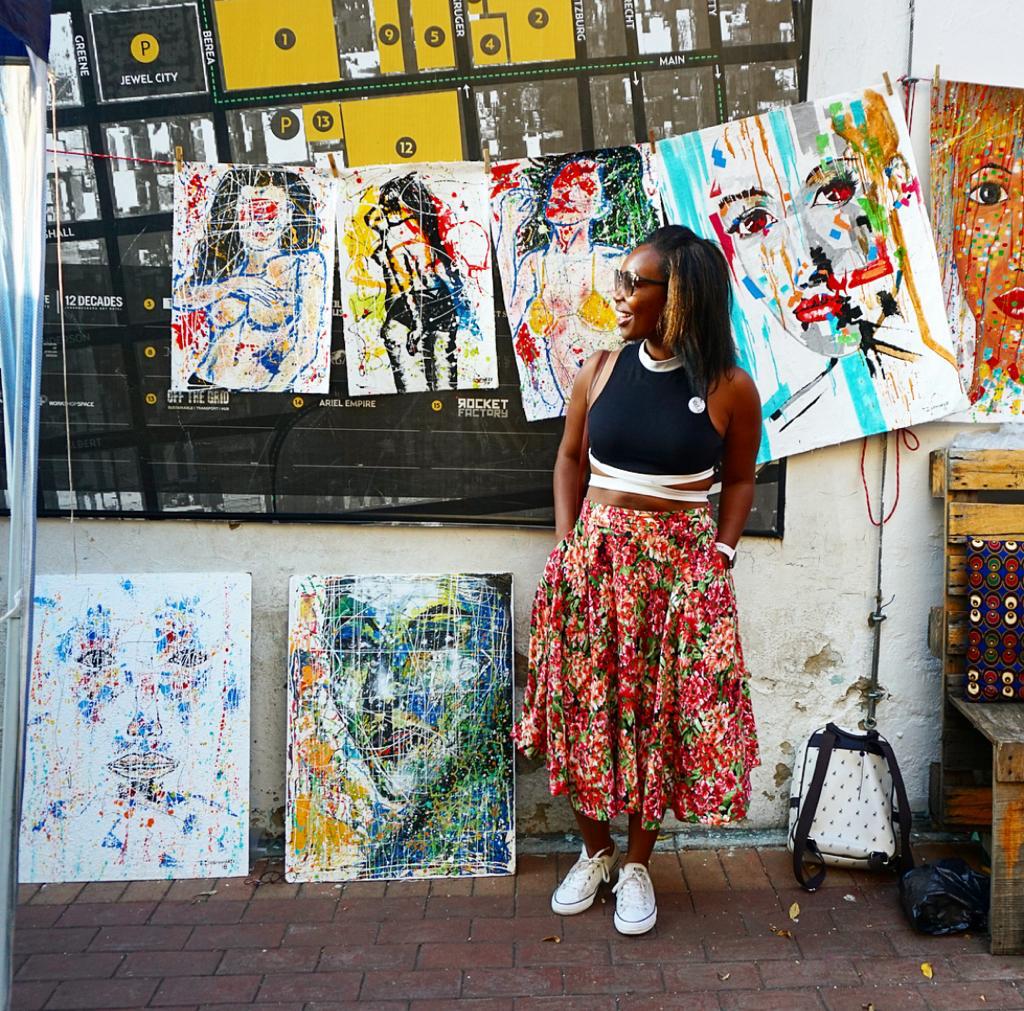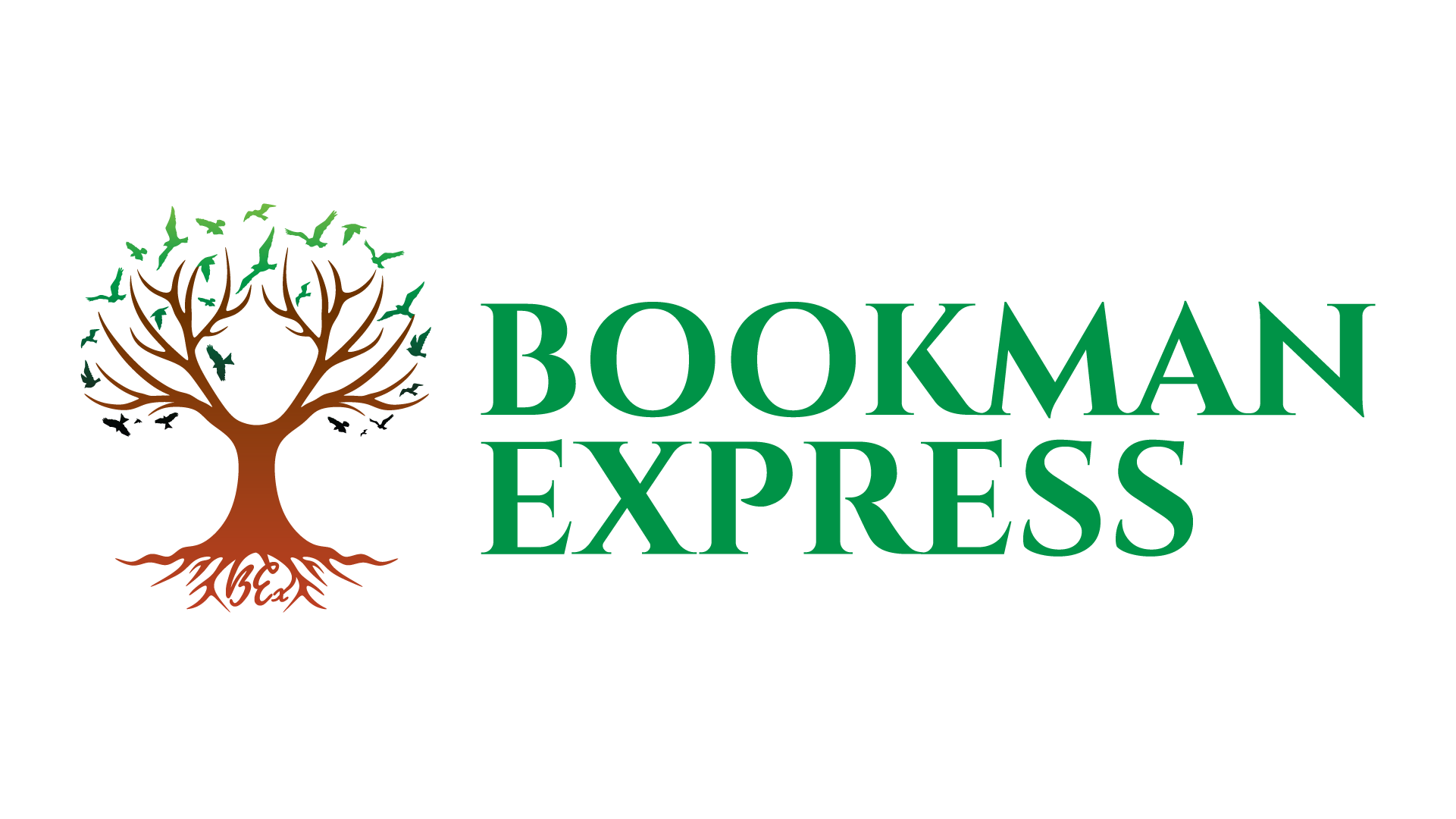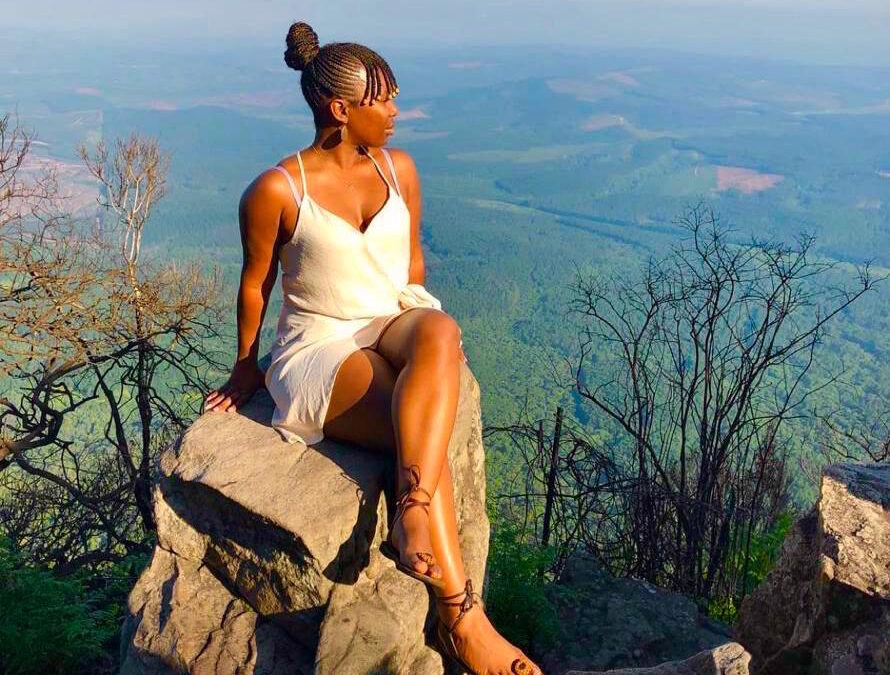Tiffanie Anderson is accustomed to constant movement. She’s in Namibia when you think she’s in Jamaica, or maybe Morocco although you glimpsed her in Florida the week before. She has traveled to almost a third of Africa’s bordered nations, and 18 countries (of 54) are serviced by her Away To Africa destination management company. Regular travel to the continent has brought important insights to this lawyer and professor, self-described “outgoing loner,” daughter of God and curious soul who is constantly on a quest for knowledge. Here are some BExcerpts from our reasoning while she was in Lamu, Kenya with thoughts on upbringing, culture, travel and freedom.
What is Away To Africa and how did you start it?
Away To Africa is the only Black-owned destination management company currently offering 15 tours to over 18 countries on the continent. Our tours are open to people throughout the Diaspora as well as people on the continent looking to explore and connect to the beauty and culture of Mama Africa.
I started traveling to Africa for education. I studied abroad, not walking onto the continent for purposes of doing business, but as a student in life. When I landed on the continent it instantly claimed me as its own and Africa became my home. It was a feeling that was indescribable. I went back to the States ranting and raving about not only the beauty of Africa, but the amazing South African students I met who welcomed me as family. The continent ignited a fire within me that I didn’t know existed, like a part of my life was switched on. I wanted others to have this experience. I began saying to myself, I wish I could create a way for people to go to Africa, or if people wanted to spend a sabbatical abroad and perhaps get away to Africa. I came up with this idea about a decade before I launched the company in March 2016 in Jamaica. We held a show there called ‘Away To Africa presents… Midnite in Kingston’ [headlined by Vaughn Benjamin, former lead singer of the band, Midnite]. The website went up that day, we created a stand with information and I went on the stage to talk about the company. That night was a blessing and one of our first clients derived from that show. This sealed my move to Jamaica and the launch of Away to Africa.
How can ones in the Diaspora mentally prepare to visit Africa?
First, I always recommend that people travel to Africa with an open heart and mind. Africa offers so much and if one could leave their expectations at their departing airport, Africa and the people of Africa can teach you so much about yourself.
Many people travel to Africa thinking their visit will single handedly change Africa, as if they are bringing something to the continent that is missing. People need to understand that Africa doesn’t need saving. We need to stop the savior mentality and have a more expansive understanding about what we want from the continent. So many people travel to the continent who are not leaders within their own communities but they feel they can come to Africa to lead or teach someone. If you want to travel to Africa, travel to Africa. If you want to move to Africa, have a plan. If you want to invest in Africa, don’t come with the savior mentality. At all levels, do your research first, treat all who you encounter with respect, and it’s beneficial to have an adaptable approach so you can take in the culture and language of the African nation. Prepare yourself to sit down and learn.
How do you view the spirit of Africans?
There are so many dope creatives and amazing people on the continent basking in royalty and loyalty! What I love most is meeting and engaging with people who know their identity, who welcome me as an African and encourage me to continue researching my history and lineage.
There are so many young, educated entrepreneurs who mastered their lanes and are committed to investing within their communities. Although Kwame Nkrumah spoke of a pan-African continent years ago, there is a sudden desire for Africa to unite and emerge as a self-reliant continent, especially since COVID-19, opening the doors to increased trade on the continent while reducing the dependency on foreigners. And when I say foreigners, I don’t mean Africans in the Diaspora, because I am an African born in America.

Tiffanie grew up in a home filled with art. Here she is in Maboneng, Johannesburg – a home for many South African artists.
[Photo: Away To Africa]
How has your upbringing or childhood culture shaped you?
I grew up in the States in a household where my mother forced education – I wrote reports on Marcus Garvey at seven years old. I didn’t understand then how it would influence and impact what I am currently doing today. But my upbringing set me on a quest to know more about my identity.
My father passed when I was three years old. My step dad came into my life when I was seven. My biological father’s family is very pan-African. We celebrated Kwanzaa and took pictures in our garbs. But my stepdad is white Jewish so growing up I would celebrate Christmas, Hanukkah and Kwanzaa. I have pictures where we were dressed in African garbs and my white stepsister would have on the closest thing she could find to African garbs. It was a mash up of cultures.
Despite my stepdad being Jewish, him and my mom were, first, educators and my mom was an attorney and my stepdad was an engineer – anything of interest to them, they would study to its infinite degree. We had books on different African leaders throughout the house, like The Philosophy and Opinions of Marcus Garvey. They had slavery-era newspapers listing the price of slaves. I even remember in middle school for Black history, when we were going through our page and a half of Black history, my stepdad asked if he could do a presentation. He came to school with the old newspapers, and here’s this white man talking about slavery and my classmates were like, “I thought your stepdad was going to be Black.” (Laughs.) That was my life and I was comfortable with it. It’s the mash up of cultures which also made me not notice when I was the only Black person in the room, or not care when I did notice it. I stand proud in my Blackness, and I only date Black men and I’ll marry a Black man, but I appreciate my upbringing.
My upbringing planted the seeds for me to decide to live in Jamaica. I just knew that the States couldn’t encompass the beginning and end to my culture. I took this adventure on my own without my family, as a single Black woman – well, my future husband is around the corner – but I followed my spirit and this is the seed that came to bear fruit.
Who are some people throughout the Diaspora who have influenced you?
My biggest influencers are Marcus Garvey and Malcolm X in the States. On the continent, Kwame Nkrumah, Patrice Lumumba, Winnie Mandela, and Ellen Johnson Sirleaf. With young entrepreneurs and people who are owning their lanes, I think of Nelson Makamo, an amazing artist. His painting was on the front cover of Time Magazine. He paints pictures depicting children in their most innocent state, and he usually places glasses on them, and he says that people, despite their race, can look at children in their most innocent stage and you can connect to people through children. He’s also redefining the narrative of Africa where most people see images of children with flies on their faces. Also, Laduma Ngxokolo of Maxhosa Africa- African high fashion, ten years in the game – a really young man from South Africa who’s doing great. These are people who inspire me.
“Africa is looking to the West for direction and the West is looking to the East for direction, and we have not connected yet.”
What commonalities or differences do you notice among African, Caribbean and African-American societies?
That’s an evolving question. It’s a matter of evolution and time because when I was younger we didn’t celebrate our African ancestors in the classrooms. The history lessons were a page and a half, and we were taught that we were derived from slavery. There was nothing about the Queen of Sheba. There was nothing about kings and queens of Africa and amazing sailors who visited North America before Columbus. We had to learn these things at home. I’m an eighties baby, growing up in New York, crack infested, I knew the smell and the stench of crack being smoked, as a youth! Before I knew what Africa even had to offer, I knew what crack smelled like, just imagine. Excelling in life meant navigating school and the system yourself, while only having a knowledge of your ancestors limited to a page and a half lesson.
In Jamaica, at least you are a proud Jamaican. The history classes didn’t differ too much from what was taught in the States, but at least Jamaicans can identify with someone like Nanny of the Maroons who has a direct connection to Ghana. Growing up, my friends from the Caribbean, such as Jamaica, Trinidad and Haiti, had such a sense of pride and there was a difference in the level of parental support as well. With Caribbean counterparts, their parents would give up everything to see their child excel. In the States, the mentality is, If I did it, you can do it. While that mentality is not the reality of all Black people growing up in the States, it’s the majority.
In Jamaica, I really understand the stance that you can never go hungry. Anytime I go to the market, or I’m walking up the hill, passing a farmer. “Oh, you need some banana? Have this.” There is oneness. I can pick a mango from off the tree and I can go about my day and I won’t be hungry, or too hungry. In Jamaica, nine out of ten of my friends farm and plant and have their own area where they grow their tomatoes or a little something. In the States, planting food is not so widespread. We’re still caught up in the mentality of what’s convenient, and now in this time we’re seeing the importance of health is wealth.
In Africa, multiply that sense of pride. Despite what struggles you can and will go through, what you can value most is knowing your identity and where you come from. I spend a lot of time in Johannesburg and I would describe it like a melting pot. During Christmas, everyone goes home to their forefathers’ land and practice traditions that have been passed along for centuries. Slaughtering for ritual or for food and acknowledging your ancestors in different ways. That’s powerful!
It’s just in the last three to five years that I came to the conclusion that it’s okay to pray to my ancestors and have my ancestors look over me, because it’s not about ghosts. We have to unlearn and relearn so many things. I almost want to fight the air. Like, yo! You know how many days upon days upon Sundays I spent in a Baptist church, staring at a white Jesus with blue eyes and blonde hair, and figuring out how is this guy going to hear my prayers when I close my eyes at night? And that’s the biggest contradiction about Africa. Ghana?! Ghana has so many Christians. Everything is Jesus loves you and ‘Jesus is the Best’ supermarket, and that’s what surprises me, that we are missing each other. Africa is looking to the West for direction and the West is looking to the East for direction, and we have not connected yet.
If culture is the last stand, what is culture to you?
[Read for context: Culture is the last stand]
Culture is the beginning. Culture exists in its natural form without you defining it as culture. What someone eats everyday – whether it’s a traditional recipe that is passed down through their grandparents, or the smells of a community. Culture can be described in many ways. I’m currently in Lamu, Kenya and there are certain smells that I can pick up at different times throughout the day. Or I hear singing and the prayers from the mosques. That’s all part of this culture. I went for a run on a beach a little while ago and I had my jogging pants on, but I put my kikoy on. You can use a kikoy to sit down on the sand, but more so, both men and women wrap kikoys around their waist – so being on a Muslim dominated island you stay respectful to the culture.
Culture is what is rightfully owned by a set of people in different regions throughout the world. Culture is passed along, but you can have new forms and new waves of culture as well. We’re redefining culture every day and we’re re-introducing different elements to what we call culture. The youths are inventing new ways to create culture that I would never think about. So, culture can evolve as well.
How does our concept of borders impact travel?
When we travel we must go through borders. But who invented borders? In an African context, colonization carved out and created countries based on the need to have as many resources as possible within one area. Tribes were located from west to east, but colonies were established from north to south due to the greed of obtaining as many resources as possible. Within any one colony were multiple tribes which led to many civil wars on the continent over time. We’ve adopted the same mindset of colonizers restricting the free movement of our brothers in sisters located in neighboring countries. Why is it that someone with a British or UK passport can navigate the continent better than someone with a Nigerian passport?
Power can finally shift in border control. Given the reality of COVID-19, African countries have stopped people from the UK and USA from entering their lands, when it’s usually the other way around.
How does traveling fit into our last stand?
That’s an interesting question during the time of COVID-19. We talk and sing a lot about being free. But how truly free are we if we can’t even travel to our own African countries without a passport and visa? We don’t even have a direct flight from the continent to Jamaica to connect our own people to our own culture. Again, we need to go through borders.
Travel was a natural right and yet now it is a privilege. We no longer have the same level of freedom to get on a plane, or even leave the house for food or work or visiting a doctor. It’s no longer a fundamental right. We are grasping the importance of travel and movement even more now, and what’s deemed essential or not. It’s not a given that I can move around to different nations as I please. Even when entering another country some customs forms ask why you are traveling to an area, and it reminds me of apartheid in South Africa, when you needed a passbook in order to go to different neighborhoods and had to provide a reason for visiting.
So how we define travel and our freedom to travel will evolve. If a lockdown happened one time, it can happen again. Governments will likely start using different types of technology to track movement and interaction with people who had viruses like COVID-19. This might mean showing tests that prove you are healthy and/or had no exposure to a disease before entering a country. Given all of this, we have to think more about the essential needs of life such as food and shelter. Travel is not one of those essential needs. The freedom to come and go as you please is being taken away from us and is no longer a fundamental right.
What recent or favorite book(s) would you recommend to readers?
The House of Hunger [by Dambudzo Marechera] and King Leopold’s Ghost [by Adam Hochschild] are two books that I’m finishing up now but my favorite book is Shantaram [by Gregory David Roberts.] I love novels and biographies but I really love novels. I love getting lost in a story. I think you can accomplish travel through reading because reading can really take you away. You can travel via any book.

